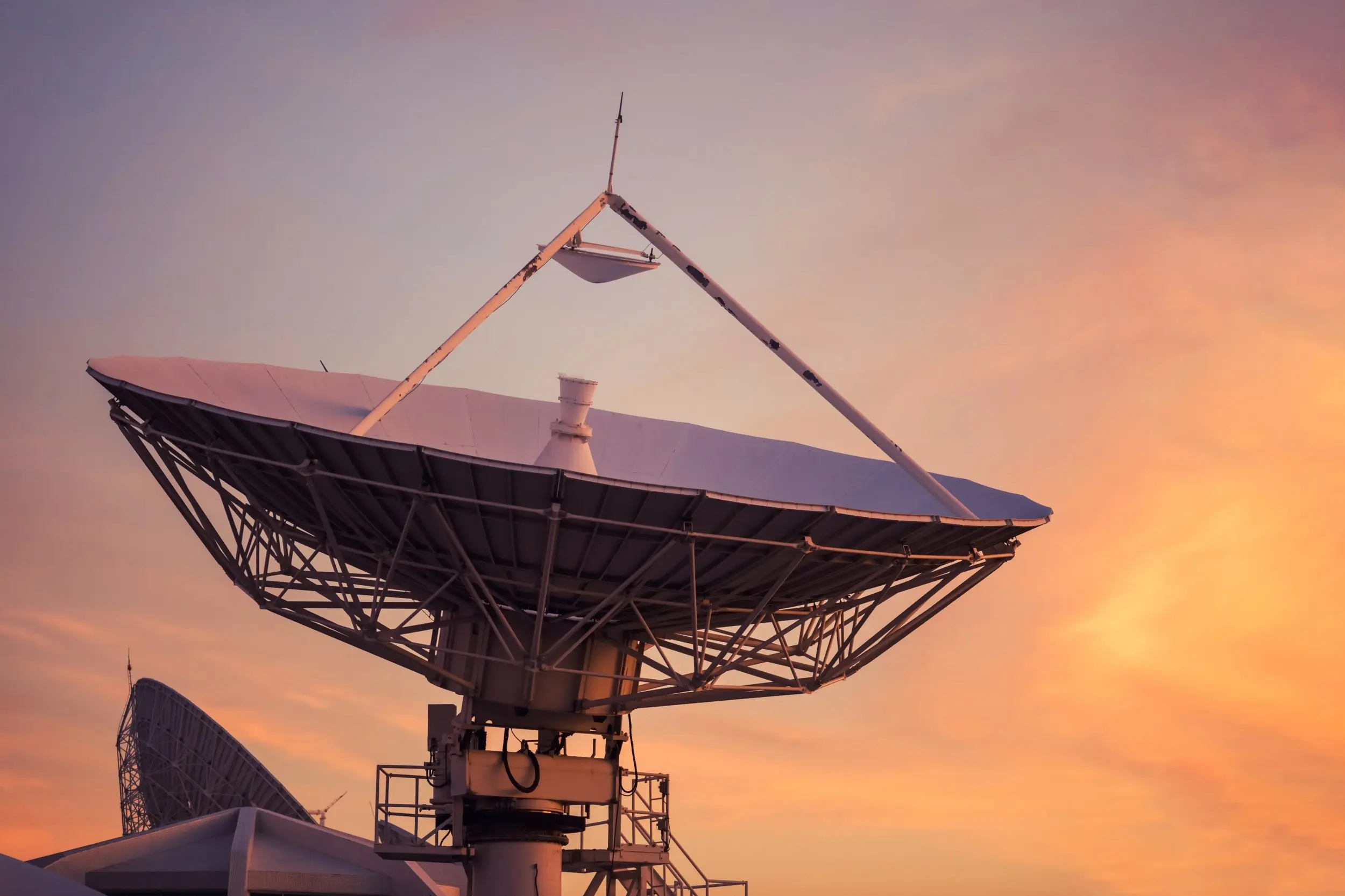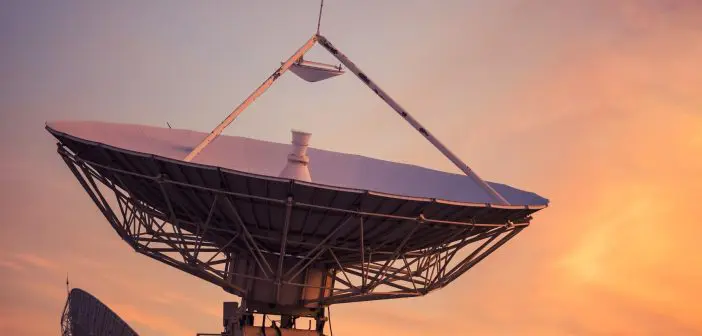
Donald Trump’s trade war on China and his decision to increase tariffs on US imports may offer Asia-Pacific countries an opportunity to grow their space sectors, especially in the Earth observation arena, according to a Deloitte report released this week.
The report, Space to Thrive: Southeast Asia’s Space Industry on the Rise, noted that geopolitical disputes increased supply chain vulnerabilities. But it also said that many ASEAN countries occupied a neutral middle ground, with strong trade ties to China and close military links with the US.
“ASEAN’s geopolitical neutrality has resulted in the region becoming a major beneficiary of ‘friendshoring’,” the report said. “In line with recent friendshoring trends, companies in the space ecosystem may prefer to look for launch sites and satellite providers on neutral grounds.”
The report suggests this trend offers ASEAN nations and their respective space sectors a unique opportunity. It argues the region remains broadly unaligned and it could serve as a “neutral hub” for companies and countries looking to test and launch satellites.
The report notes that the value-add of Earth observation data to ASEAN economies was USD15 billion in 2023. This is forecast to grow to USD45 billion by 2030, contributing an additional USD100 billion to the region’s GDP.
ASEAN nations develop space capabilities
Southeast Asia is home to several emerging space nations, with many having already developed satellite manufacturing and launch capabilities. Countries such as Singapore, Thailand, the Philippines, Vietnam, Malaysia, and Indonesia have plans to launch advanced Earth observation satellites.
Asia is second only to the United States for global space investments and is home to some of the world’s most vibrant startup ecosystems. These ecosystems support the region’s space sector.
The report argues the sky-high tariffs on US imports reinforce the need for countries to become less dependent on other nations for the supply of goods and services, including space sector goods and services. However, there are alternatives to doing business with US firms, and the report suggests ASEAN nations are well-placed to provide some of those alternatives.
As an example, the report highlights Indonesia’s plan to build a spaceport in Papua to capitalise on its proximity to the Equator, making it optimal for space launches. Malaysia wants to build a space launch industrial centre it says could attract between 300 and 500 downstream space firms. Vietnam’s is due to complete it new Space Center this year. Among other things, it will facilitate satellite manufacturing. Vietnam also plans to launch its first synthetic aperture radar satellite, LOTUSat-1, shortly.
But the Deloitte report may also overlook the realpolitik of trade disputes and Trump’s trade war. Earlier this week, Chinese President Xi Jinping travelled to Hanoi for a series of meetings. While in Vietnam, he signed some 45 trade agreements and met with Vietnamese Prime Minister Pham Minh Chinh.
Hearing of the meeting, President Trump said he understood why the two men wanted to meet. “That’s a lovely meeting,” he told White House journalists. “They’re meeting, like, trying to figure out, ‘how do we screw the United States of America?’”





